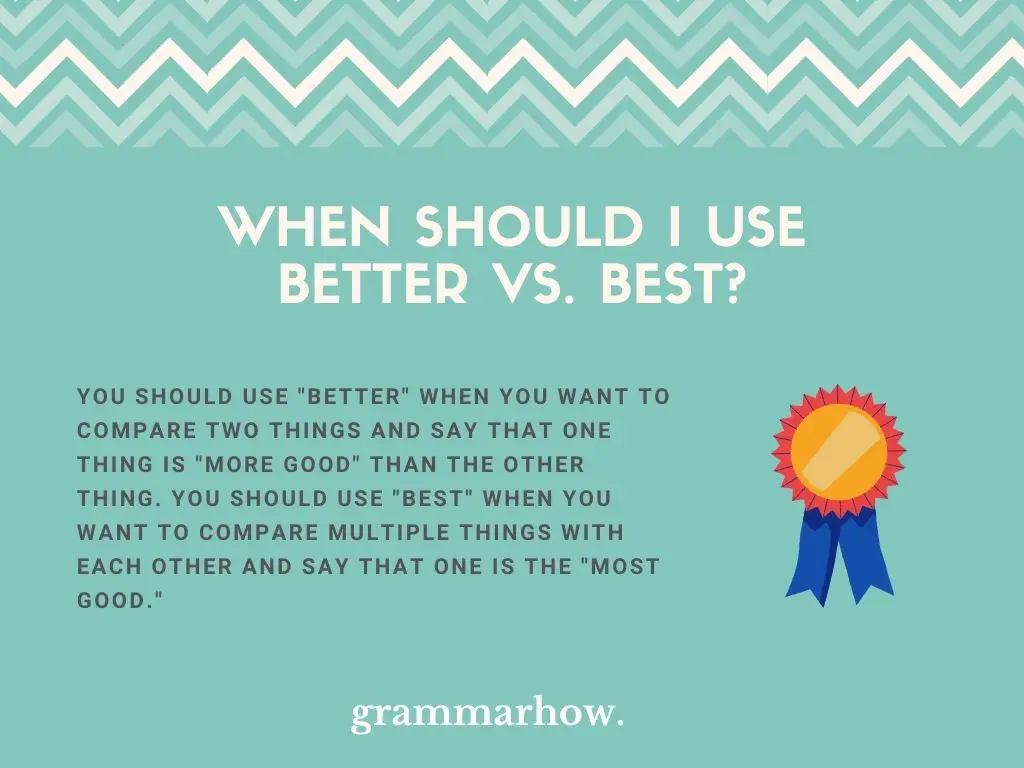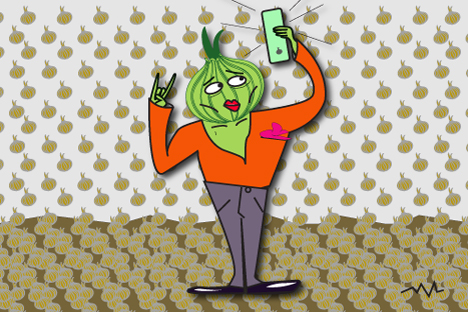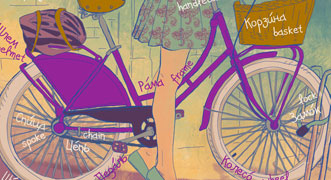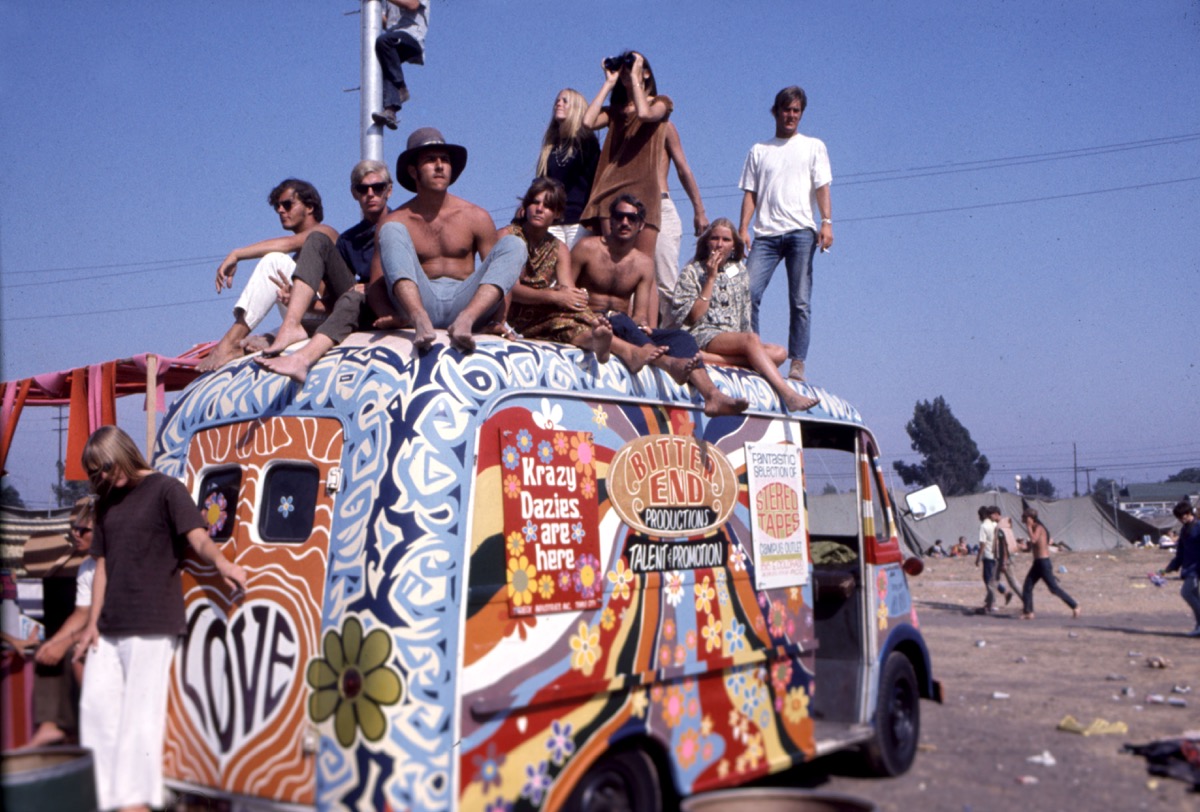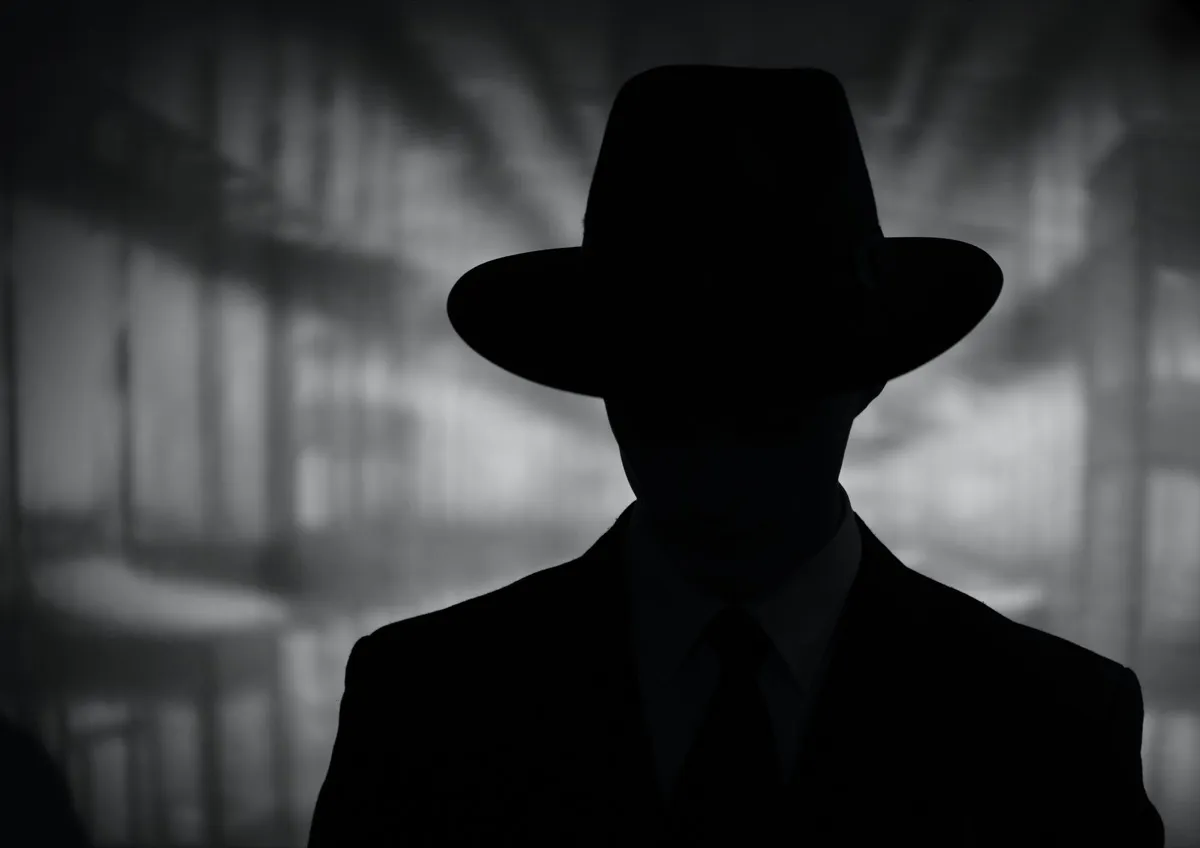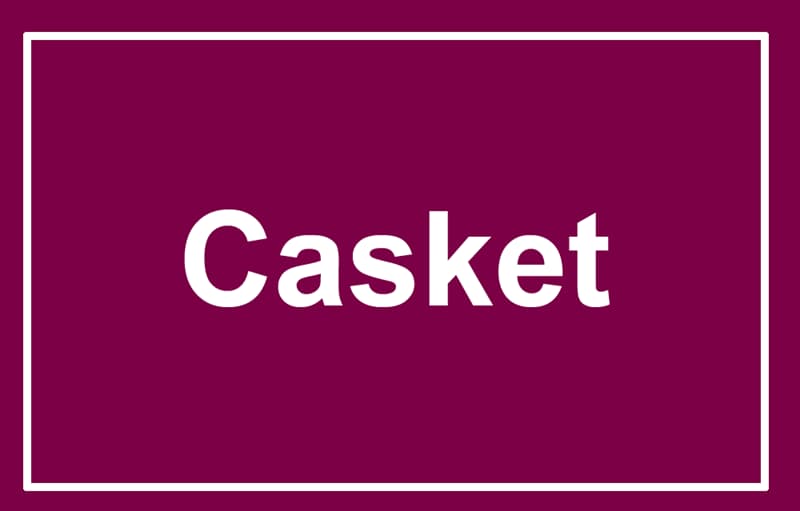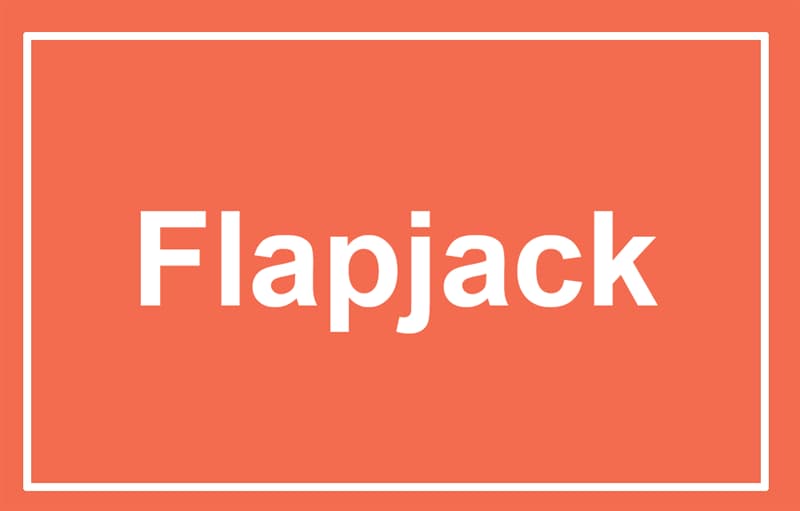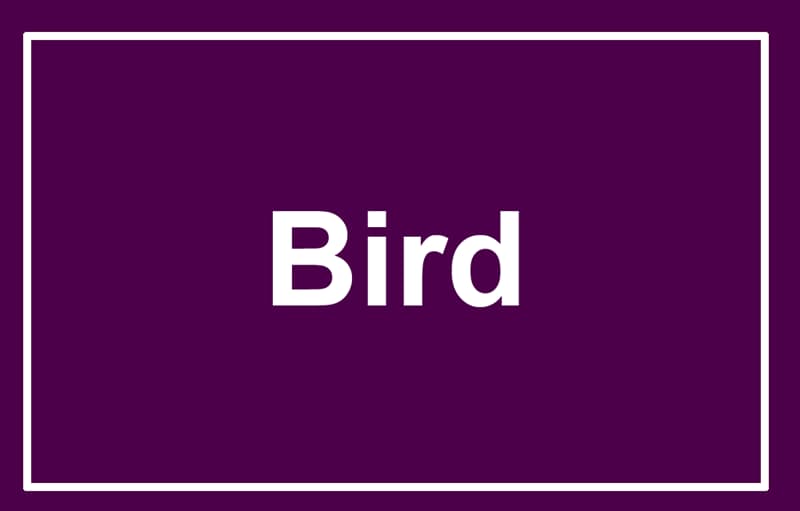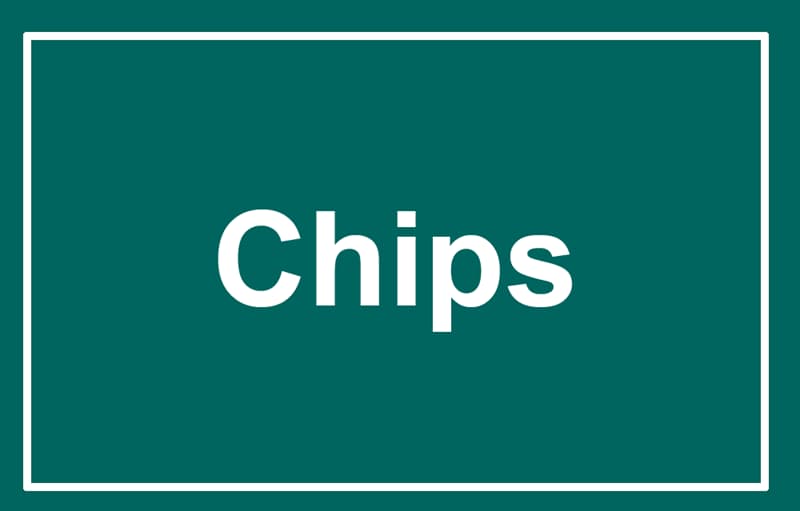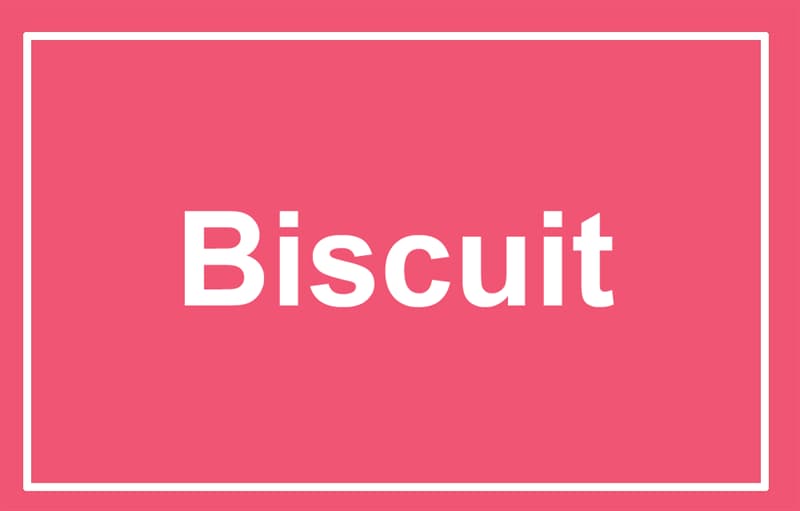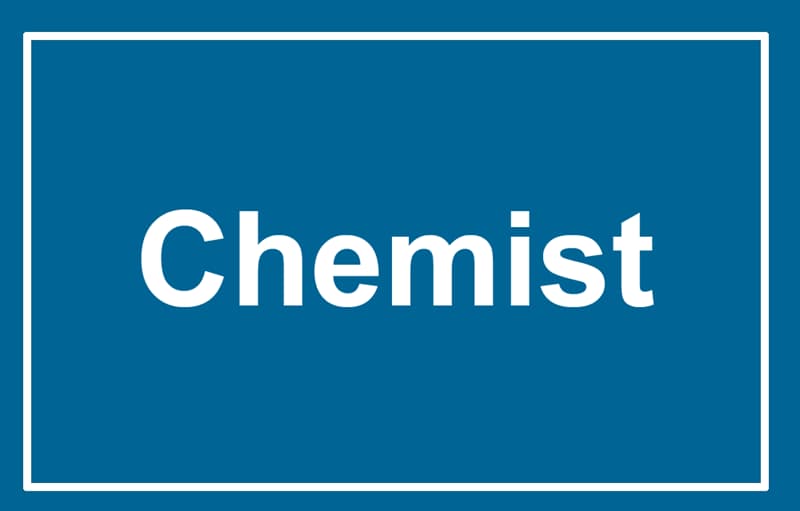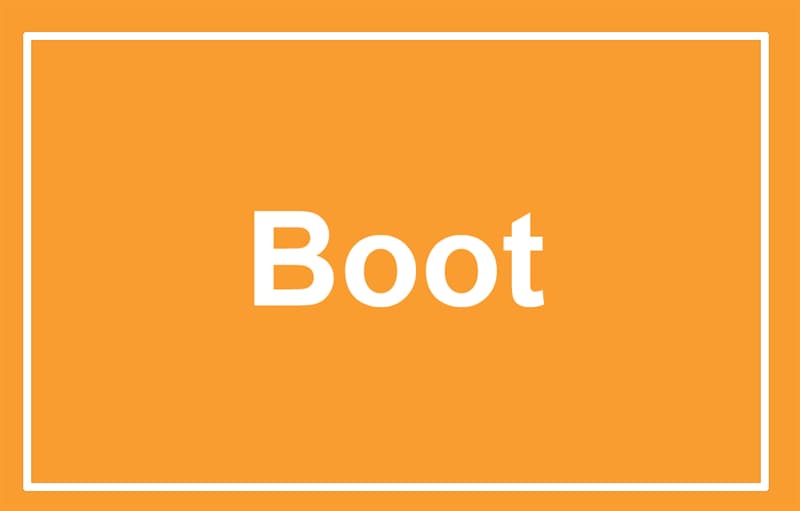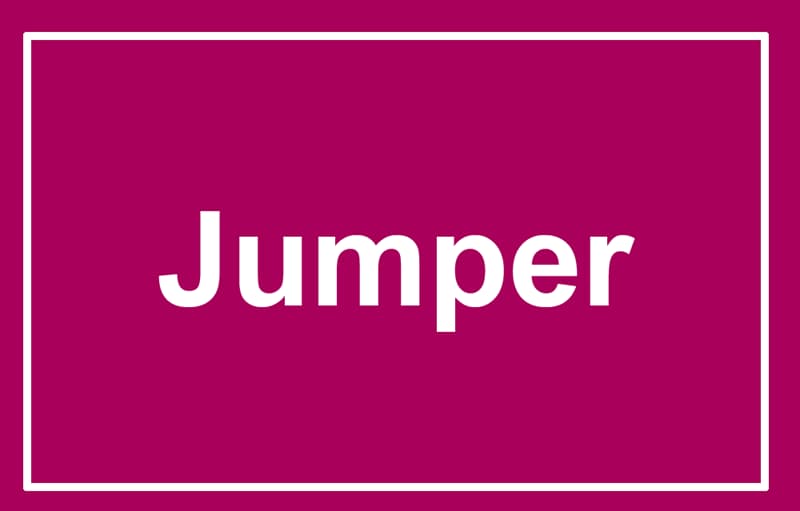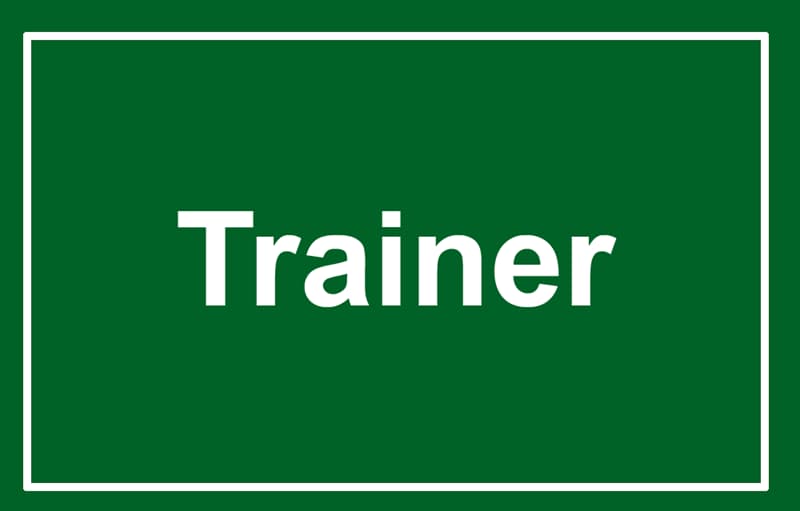What is another word for “best”? Following is a list of synonyms for “best” with example sentences and ESL pictures. Learning these words to use instead of “best” will help you enhance your vocabulary.
Table of Contents
Best Synonym
Best Definition and Examples
Meaning of “Best”:
Noun: A quality in something or someone that is of the highest order; being of the highest quality or standard.
For example:
- “I would like you to make a list of the best restaurants in LA”
- “ You are the best guitarist in New York, so don’t worry about the concert”
Verb: Win against something or someone or outwit them.
For example:
- “I will best you in a duel every time, so don’t bother”
- “He easily bested his opponents in the arm wrestling competition”
Other Words for “Best”
Common synonyms for the word “best”.
- Chief
- Finest
- First
- Foremost
- Greatest
- Highest
- Ideal
- Optimal
- Perfect
- Principal
- Record-breaking
- Superlative
- Ultimate
- Unsurpassed
A huge list of 100+ different words to use instead of “best”.
- Able
- Above
- Appropriate
- Ascendant
- Best possible
- Better
- Biggest
- Champion
- Chief
- Choice
- Chosen
- Commanding
- Consummate
- Controlling
- Cream
- Crowning
- Dominant
- Easier
- Elite
- Eminent
- Enhanced
- Excellent
- Feasible
- Fine
- Finest
- First
- First-class
- First-rate
- Foremost
- Full
- Fully
- Further
- Furthermost
- Furthest
- Good
- Great
- Greater
- Greatest
- Headmost
- High
- Higher
- Highest
- Highest quality
- Ideal
- Impossible
- Improved
- Largest
- Leading
- Major
- Master
- Matchless
- Maximum
- Most
- Most appropriate
- Most suitable
- Nice
- Nicer
- Nicest
- Okay
- Optimal
- Optimum
- Outstanding
- Over
- Paramount
- Peak
- Peerless
- Perfect
- Possible
- Potential
- Predominant
- Pre-eminent
- Preferable
- Preferred
- Prettier
- Prettiest
- Prime
- Principal
- Proper
- Quintessential
- Rather
- Record-breaking
- Right
- Ruling
- Select
- Senior
- Signal
- Sovereign
- Superb
- Superior
- Superlative
- Supreme
- Top
- Ultimate
- Uncomparable
- Understanding
- Unsurpassed
- Uppermost
- Utmost
- Very best
- Vintage
- Well
- Worst
- Zenith
Best Synonyms Infographic

Another Word for Best
Best Synonyms with Examples
Learn another word for “best” with example sentences.
- Chief
Mrs Pankhurst was one of the chief protagonists of women’s rights.
- Finest
This is the finest home in this city.
- Foremost
He is considered the foremost British artist of this century.
- Greatest
Empty vessels make the greatest sound.
- Highest
The highest quality paper is made mostly from rags.
- Ideal
It was not the ideal solution to the problem.
- Optimal
This seems to be the optimal solution for the male.
- Perfect
Sometimes, the perfect person for you is the one you least expect.
- Principal
The principal reason for my change of mind is this.
- Record-breaking
Part of this record-breaking hat trick was pulled off by Johnny Boy Gomes.
- Superlative
The superlative way is to find it back.
- Ultimate
The ultimate decision lies with the parents.
- Unsurpassed
It provides the unsurpassed couple and the safest transportation.
Synonyms for Best with Examples | Infographic

Last Updated on January 10, 2021
We have to understand the comparative and superlative forms of words to be at our best when learning English. Usually, they follow simple rules of adding “-er” or “-est” to the end of a word, but this article will look at using “better” and “best” as irregular forms.
When Should I Use Better Vs. Best?
You should use “better” when you want to compare two things and say that one thing is “more good” than the other thing. You should use “best” when you want to compare multiple things with each other and say that one is the “most good.”
Usually, with comparative forms, we’d add “-er” to the end of a one-syllable word or write “more” before a longer word to indicate something is better compared to something else.
However, the root word for “better” is good, meaning we ignore the usual rule (which would be “gooder” if we followed it). Instead, we use “better” to mean “more good.”
The same happens with the superlative form. English rules say we add “-est” to the end of a one-syllable word or write “most” before a longer one. However, that doesn’t work when the root word is “good.”
The superlative of “good” should be “goodest” if we follow the rules. This is not the case, which is why we use “best” as the only superlative form to describe something that is the “most good.”
What Is The Definition Of Good/Better/Best?
Let’s explore the meanings of each form of “good.” We’ll start with the root form and work our way up to the superlative form, increasing the value of “goodness” as we go.
The definition of “good,” according to The Cambridge Dictionary, is “very satisfactory, enjoyable, pleasant, or interesting.”
The definition of “better,” according to The Cambridge Dictionary, is “comparative of good: of a higher standard, or more suitable, pleasing, or effective than other things or people.”
The definition of “best,” according to The Cambridge Dictionary, is “of the highest quality, or being the most suitable, pleasing, or effective type of thing or person.”
Each word is closely related and talks about the level of satisfaction or suitability of a thing or person.
“Good” is the base form of the word. “Better” is one step up and talks about something of a higher standard than something else (comparative form). “Best” is the highest possible standard available (superlative form).
Is It Better To Be Better Or The Best?
Generally, “better” and “best” mean similar things in certain contexts. You’ll be happy to know that if you’re ever called either of them, it’s meant as a compliment above all else.
Being called “the best” is better than being called “better” than someone else. “The best” compares you to every possible person (i.e., “the best in your class”), while “better” only compares you to a few other people (i.e., “you are better than him.”)
Either way, it’s meant nicely and is supposed to show you that you’re of a higher standard than someone else. Generally speaking, though, we would want to hear the superlative form to show we’re the highest possible standard rather than the comparative form.
Examples Of How To Use “Better” In A Sentence
Let’s try out some examples to see how “better” is used. This will help you understand what we mean when we’re talking about comparing one thing or person to a larger group of things.
“Better” is the comparative form. It means that someone or something is at a higher standard than a few other things, though it’s not saying you’re the “best.”
- You’re so much better than I am at just about everything academic.
- These chairs are better than the ones we have at home.
- They’re better than the majority of people in this class.
- I’m better than you are at math, and there’s no denying that.
- Do you actually think you’re better than me at sports?
- He’s better than I am, but I still try hard to beat him.
- These sandwiches are better than the ones you made yesterday.
- This food is much better than anything I’ve tried in a restaurant!
- The government provides us with better housing than previously.
- You’re not better than me, and I can prove it!
Generally, we compare one person or thing to a slightly larger group of other people and things. That’s when it makes the most sense to use “better” in a sentence.
Sometimes, “better” and “best” are synonymous. For example:
- Of the two, he is better than her.
- Of the two, he is the best.
When we compare two people, saying that one is better means that there is nobody else to compare them to. Therefore, it’s possible to also say they’re “the best,” which is the only time both words are synonymous.
Examples Of How To Use “Best” In A Sentence
Now is the time to see how to use “best” in a sentence.
“Best” is the superlative form. That means that no one or nothing else can be “better” than the thing we’re talking about. It’s of the highest possible quality available compared with the group we’re talking about.
- You’re the best of us, and you’ll do us all proud.
- He’s by far the best student in the class.
- This is the best food I’ve ever tried!
- You run the best gym in the area, and we have a sponsorship offer for you.
- This is the best political campaign I’ve seen in a long time.
- They’re the best people, and they’re always so kind to their guests.
- You’re not the best, even if you think you are!
- I’m the best at what I do, which is why I get paid so much for it!
- She’s the best girlfriend a man could ask for.
- It’s the best time to go out and buy Christmas presents!
“Best” works well when we’re talking about something that is the most important or most satisfactory thing of a larger group. Sometimes, the group only needs to refer to two things, but it’s usually reserved for a larger group.
Also, it’s important to note that the group never needs to be specified. Instead, you can say:
- You’re the best!
We’re not directly comparing “you” with a group, but the implication is that there is no one better out in the world than “you.”
Which Is Correct: Best Of Two Or Better Of Two?
“Best of two” and “better of two” are both correct. As we’ve mentioned, “best” and “better” are synonymous when you’re only talking about two things or people.
If one thing is better than another thing, and they are the only two things present, it’s safe to assume that it is also the “best” thing in the current group.
- This one is the best of the two.
- This one is the better of the two.
As you can see, both forms are correct.
Is It “One Of The Better” Or “One Of The Best”?
“One of the better” means something is of a higher standard than a lot of the other choices on the list, while “one of the best” means something is almost at the highest possible standard, though other things might equal it.
Both phrases are correct and can be used as follows:
- This is one of the better bands I’ve listened to.
Here, we’re not saying they’re our favorite band, but we’re saying that we enjoy their music compared to others.
- This is one of the best bands I’ve listened to.
This time, we’re saying that we’re very fond of the band, though we might have a few other favorites alongside them.
Is It “Better Not” Or “Best Not”?
“Better not” means that it would be better if we didn’t do something, though it’s not outright denying you the chance to do it. “Best not” means the same thing but is generally more powerful to try and get you to stop.
- You better not annoy him if you can avoid it.
- You best not do anything stupid.
“Better not” implies that we shouldn’t do something, but the speaker isn’t going to stop us. “Best not” implies that we definitely shouldn’t do something or we’ll regret the consequences.
What Word Is Better Than Best?
“Best” is already one of the most complimentary and high-praise words you can find in English. However, there is a chance you might hear one word that is slightly better than even “Best.”
“Perfect” is better to say than “best.” “Perfect” means someone or something is of the highest standard and never does anything wrong.
- He’s perfect at this job.
- He’s the best at this job.
“Perfect” in the above example means that “he” makes no errors and does the job exactly as expected of him.
However, while “best” is saying he’s better than everybody else, it still doesn’t mean he’s “perfect.” “Best” is a relative term, so if everyone else is really bad, then to be the “best,” you only have to be “okay” at something.
What Is A Fancy Word For Better?
We can also go slightly further with “better” and develop a fancier word to use in its place.
“Superior” is a fancy word for “better.”
To call someone or something “superior” means that they’re a cut above the rest of the crowd. We can talk about them being of a higher value than other people, which is similar to what “better” means but is a fancier word.
Is It Ever Correct To Use “More Better”?
“Better” already means “more good” and is a comparative adjective. “More better” would mean “more more good,” which is grammatically incorrect. You should not use “more better” because it is wrong.
Using “more better” is creating something known as reduplication. This is something in English where the same word (“more”) is used twice to create a new word with redundancies. It’s best to avoid doing this to streamline our language use.
Can I Say “Very Better”?
“Very” is another way to create a comparative adjective, and it’s wrong to use with the word “better.” “Very better” means “very more good,” which is incorrect because we can’t use “very” and “more” to describe an adjective.
While “very better” isn’t strictly reduplication, it comes very close. “Very” isn’t the same as “more,” yet the two words have very similar meanings, making it important not to use them in this way.
Can I Say “Much Better”?
“Much better” is correct because “much” and “more” do work together. “Much better” means that something is now “better” than the previous option that we had, and we are comparing it to that.
- I need a new car; this one is old now.
- Here are your new car keys!
- Oh, that’s much better.
As you can see from this, “much better” compares our new thing with the previous thing we’re talking about.
While the other thing might also have been “better” than something else, the new thing is “much better” because it’s even more satisfying to us than whatever it was that we had previously.
Is “Way Better” Correct Grammar?
“Way better” is grammatically correct and is synonymous with “much better.” However, “way better” tends to be a little more powerful in meaning, implying that something is far superior to what we previously had.
“Way” can accompany the “more” portion of the word “better” (“more good”).
Typically, “way” means that something has gone much further than we expected it to and has done a great job in impressing us.
- This is way better than the car I had before!
If we’re shocked or impressed by the thing that we now have, it might be “way better” than what we previously had.
While synonymous with “much better,” you’ll want to reserve “way better” for the most impressive things in your life.
Is “Most Best” Grammatically Correct?
“Most best” is grammatically incorrect. It returns to the reduplication problem we mentioned before. “Best” means “most good,” so “most best” would mean “most most good.”
It’s impossible to find a situation where “most best” works grammatically. However, some people do use it casually to say that there really isn’t anything more perfect than what they’ve got right now, but they shorten it to the following:
- Bestest
Again, this isn’t an officially recognized word, and you should only use it in informal situations if you’re going to use it at all.
Martin holds a Master’s degree in Finance and International Business. He has six years of experience in professional communication with clients, executives, and colleagues. Furthermore, he has teaching experience from Aarhus University. Martin has been featured as an expert in communication and teaching on Forbes and Shopify. Read more about Martin here.
Being «better off» means that things (other than yourself) are better for you. That is, you are able to be happier, or be in a better condition. For instance, being «better off» without Steve means that without him, your life would be better. Notice the distinction: Your life is better, not you yourself.
Being «better» means being superior in some way. That is, being smarter, stronger, kinder, etc. Merely being happier does not count as being «better», unless that happiness is useful for something. e.g. Seeing you happy makes others happy, therefore your happiness makes you better for them.
If you’re «better» without Steve, it would imply that you yourself have improved somehow. Like, perhaps being around Steve made you a less patient person, or made you physically ill. And now, with Steve gone, you are better to others, or are capable of doing more than you could before.
The key here is that «better» does not mean «happier». It means having a functional superiority in some aspect. That is, it is a change within the person (or object) which is «better». Benefits from being «better» could easily apply to people around said person, rather than the person who is «better».
When adding «off» the meaning changes to having a functional benefit for the person who is «better off». The person is unchanged, however (Save, perhaps, for being made happier).
Every language has words that look and sound the same but mean different things. Russian is no exception: many Russian words have two or even more different meanings.
Click to enlarge the image. Drawing by Niyaz Karim
The most frequently cited examples of homonyms in the
Russian language are the words kosa (коса) and klyuch (ключ)
The word kosa means a braid and also, in another
meaning, a scythe. Hence the comic play on words in the expression devushka
s kosoi (девушка с косой), which can mean both a young woman with braided
hair and the Grim Reaper. In addition, kosa also means a spit of land
sticking out into the sea.
Klyuch means a key that you
use to open and close the door but also a key to a cipher (klyuch ot shifra,
ключ от шифра), a clue, and a clef (e.g. a skripichny klyuch (скрипичный
ключ) is a treble clef). It also forms part of the Russian word for a spanner, gayechny klyuch (гаечный
ключ).
The adjective klyuchevoi (ключевой) is used in the same sense as
the English ‘key’ in key element, key player, key moment, etc. In a separate
meaning, a klyuch is also a spring, a source of clean, fresh, cool
water.
The word mat (мат) has three completely different
meanings. First, it is the chess term checkmate. Second, a mat, especially a
gym mat (gimnastichesky mat, гимнастический мат). Third, and most commonly
these days, it is foul language, swear words.
Under a new Russian law that came into effect on July 1, the
use of foul language is banned on television, in films, books, in the media, as
well as in the theater and other public performances. The boundaries of what
constitutes foul language are quite blurred (some words are considered more
acceptable than others).
The debate of what should fall under «the
banned» foul language has been going on for a long time. At present,
experts have concluded that the ban should cover four basic roots (rude names
for male and female genitals, sexual intercourse and a prostitute) and all of
their derivatives.
The word klass (класс) in Russian has approximately
the same wealth of meanings as «class» in English. In a school or
university, it means a classroom and a group of students who study together, as
well as the entire cohort of students in a particular grade.
In another sense,
it means a level of quality, as in first-class, second-class, third-class. In
yet another meaning, a class is a division of people in society according to
their social status, e.g. working class, middle class.
The word post (пост) has until recently been used in
two senses: the place where a soldier, guard or other person has been told to
remain (as in guard post, storozhevoi post (сторожевой пост), which
later evolved into meaning a position in a company or organization, usually one
that involves responsibility.
The other meaning of the word is religious: a
fast (the derivative verb is postitsya (поститься). In recent years, the
word post has developed a new meaning that is to do with the advent of
blogs and social network sites. It has even created a new verb, zapostit
(запостить), meaning to post something on the internet.
Another word that has acquired an additional meaning as a
result of borrowing from English is luk (лук). Traditionally, luk
had two distinct meanings in Russian: an onion and a bow (as in a bow and arrows).
Recently, in youth slang it has begun to be used in the sense of a person’s
looks.
The word val (вал) has even more meanings. It can
mean an earthen wall, hence the names of some old streets in Moscow, e.g. Zemlyanoi
Val (Земляной вал) or Koroviy Val (Коровий вал). At sea, a val is a big
wave (e.g. a famous painting by great Russian seascape artist Ivan Aivazovsky
is called Devyatiy Val (“Девятый вал»).
It also means a shaft, as
in a drive shaft. Finally, in economics, it means the gross output of a
company, an industry or a country as whole.
Read more: The 10 most well-known Russian words>>>
All rights reserved by Rossiyskaya Gazeta.
Get the week’s best stories straight to your inbox
With new words being added to the dictionary on an annual basis, the English language is always evolving. And in addition to the new words that are added every year, there are also new definitions that get tacked on to previous entries based on the way word usage changes. For instance, while the word bully today describes someone with a mean spirit, it actually used to mean something much sweeter. And while you can use the word girl to clearly describe a young female these days, that wasn’t always the case. To update your language knowledge, we’ve rounded up the everyday words that once meant something else. And for more tidbits about the English language, check out the 20 Words You Won’t Believe Are in the Dictionary Now.
Nowadays, if you say something is awful, you’re not being kind. However, in the past, it was actually a term that people used to praise things, seeing as it literally meant that someone or something was «worthy of awe.» As awful became more negative, the word awesome largely replaced it in terms of its original meaning.
Centuries ago, the term cheater was used to describe the royal officers who looked after the king’s escheats, or the land he acquired when someone died without a legal heir. However, because of the shady ways these officers went about their jobs, the word «cheater» eventually became synonymous with someone who lies, tricks, and defrauds—and this is how we define the word today. And for more terms that have changed, check out the 60 Words People Pronounce Differently Across America.
In the 1300s, people who were naughty had naught, or «nothing.» In other words, they were poor. But nowadays, the word is used to describe someone not as poor, but as evil or improper.
The original meaning of nice used to be, well, not so nice. The adjective actually comes from the Latin word «nescius,» meaning «unaware» or «ignorant.» When it was picked up by the English language in the early 1300s, it described a «stupid, ignorant, or foolish» person. Ouch!
Flirting with someone in today’s sense is what most people would consider to be flattering. If you were to flirt with someone based on the word’s original meaning, then what you’d be doing is less sweet and more savage. In the 1500s, this term was actually used to describe a quick motion or jerk—something like a flick. And for more word facts, check out 5 Words to Ditch From Your Vocabulary ASAP, Experts Say.
When someone describes something as egregious, they are trying to say that it stands out—and not in a good way. But when it was first coined, the word actually meant the exact opposite. According to Merriam-Webster, the adjective was once used as a compliment to describe someone «who had a remarkably good quality that placed him or her eminently above others.»
No one wants to be called a bully—unless you’re using its original meaning, that is. In the archaic sense, bully means «sweetheart,» as it was derived from the Dutch word for lover.
The word silly has seen quite a few definitions throughout history. Derived from Old English, the adjective has been used over the years to mean everything from «happy» and «fortunate» to «innocent.» Eventually, though, the word somehow became synonymous with ignorance, thus bringing us to its current meaning of «foolish.» And for more silly words, check out The 30 Funniest Words in the English Language—And How to Use Them.
When something today is described as artificial, it’s usually a far cry from what’s considered to be a masterful creation. However, that’s exactly what the adjective used to refer to. If something was artificial back in the day, it was artfully or skillfully constructed.
Being called brave is quite the praise by today’s standards. But the word’s original definition—which is «showy» or «gaudy»—is much less complimentary. And for more etymology lessons, check out 50 Words You Hear Every Day But Don’t Know What They Mean.
There are a lot of things that can make someone nervous nowadays: job interviews, talking to someone they’re attracted to, public speaking… the list goes on and on. In the 1600s, however, nervous in this context wouldn’t make sense, seeing as it was originally used to described someone who possessed great strength.
Fantastic is an adjective used to describe something that is extraordinarily good. But seeing as it was derived from the Latin word phantasticus—meaning «imaginary»—this word was originally used to describe something that only exists in the imagination. So, technically, a unicorn would be fantastic in either sense of the word!
A young female is typically referred to as a girl today. When the word was first used in the Middle Ages, however, it referred to any young person, regardless of their gender.
Guy, man, dude, fellow—they’re all monikers used to refer to the male species. But you wouldn’t want to just throw the word guy around a few centuries ago; in the 1800s, it was used to describe a person of grotesque appearance.
If someone were to give you a clue today, they would be giving you a hint about something. But when the word was first coined, someone who was giving out clues was actually giving out something more tangible: balls of yarn.
Today, fathom is just another word for «understand.» But way back when, it was used for measurement purposes and described the length of someone’s outstretched arms (about six feet!). Can you fathom that?
Manufactured, when used in its original sense, describes something that has been produced by hand. On the contrary, today people generally describe something as manufactured when it has been mass-produced in a factory by machinery.
If you’re a stylish, neatly groomed man, someone today might call you a Dapper Dan. However, if you were to use the word according to its original meaning, then this wouldn’t make sense. Seeing as it’s derived from the German word tapfer for «brave,» dapper was originally used to describe someone as bold and daring—not in their fashion choices, but in their endeavors and undertakings.
If you’re a passenger, you’re just someone who’s along for the ride. But the original meaning of the word passenger is someone who is traveling, fleeting, or just passing by, typically by foot.
The term pretty is derived from various words in other languages that meant «cunning,» «tricky,» and «skillful»—and therefore, it makes sense that the adjective was originally used to describe a sly person. But nowadays, it’s used to positively describe someone’s appearance rather than their deceitfulness.
Radical is an adjective used to describe anything extreme that shakes up the fundamental nature of something, and it’s typically employed in regards to social or political activism. However, the word actually comes from the Latin word for «rooted,» and it was once used to describe the opposite of extreme: something rooted, basic, and fundamental.
It’s no fun being sad or unhappy. But it wouldn’t have been such a bad thing a long time ago. In Old English, to be sad meant to be satisfied or content, usually in regards to feeling full from a meal.
It’s a good thing to have success nowadays. But in earlier times, it could go either way, seeing as success originally described both positive and negative outcomes alike.
You know a villain as any evil person, typically in a movie, novel, or play. But in Old English, this word simply referred to anybody who worked on a country estate, such as a farm laborer.
The original meaning of the word terrible is similar to its definition today, only way more extreme. When you described something as terrible back in the day, it meant that it caused genuine fits of terror; today, people use it to describe anything that’s mildly bad—even a terrible movie. And for more words you should probably stop using, Cut These 20 Negative Words from Your Life and Be Instantly Happier.
-
Facts and stories
-
Society
Even if you are a native speaker of English, the way your language is used in different parts of the world may surprise you. The differences between UK and US English are a perfect example, and here are some everyday words that have completely different meanings in the two countries.
#1
UK: a jewellery box
US: a coffin
#2
UK: a flat oatmeal snack
US: a pancake
#3
UK: underwear
US: trousers
#4
UK: a colloquial term for woman
US: only an animal
#5
UK: a toilet
US: an area of wet muddy ground
#6
UK: a shopping cart
US: a trolleybus
#7
UK: the second floor
US: the ground floor of a building
#8
UK: fries
US: thin pieces of deep-fried potato
#9
UK: a cookie
US: a buttery bread roll
#10
UK: a pharmacist
US: a scientist working with chemicals
#11
UK: the trunk of a car
US: a piece of footwear
#12
UK: a knitted sweater
US: someone who jumps off something to end their life
#13
UK: a gym shoe
US: a person who teaches you skills, often in a gym
#14
UK: a butt
US: a homeless person
#15
UK: an elevator
US: to pick up and move something
What variety of English do you speak? Do you agree with all the meanings meantioned above? Would you add any words to this list?
Tell us in the comments!
SHARE this article with your friends 
#Society
#language
#literature
<div class=»text-center» style=»margin: 0 25px 5px»>
<img src=»https://cdn.quizzclub.com/social/was-it-interesting.png» alt=»Was it interesting?»>
</div>
What are your thoughts on this subject?
Пословицы и поговорки – это отражение народной мысли, установок, моральных ценностей. Обычно они имеют аналоги в других языках, поскольку воспроизводят “простые истины”, свойственные любому человеку каждой нации. Пословица может иметь другие образы, но будет доносить тот же смысл:
| Английские пословицы | Русские эквиваленты английских пословиц |
| When in Rome, do as the Romans do. | В чужой монастырь со своим уставом не ходят. |
| The early bird catches the worm. | Кто рано встаёт – тому Бог подает. |
| Too many cooks spoil the broth. | У семи нянек дитя без глазу. |
⠀
Но есть высказывания, которые вообще не имеют эквивалента в русском языке. Такие пословицы в наибольшей степени отражают отличия менталитета, поэтому составляют для нас особый интерес.
Кстати, сегодня мы узнаем не только смысл этих английских пословиц, но и связанные с ними занимательные истории.
Обрати внимание: если вдруг ты не согласен с описанным примером и точно знаешь русский аналог, то обязательно пиши об этом в комментариях – подискутируем! 🙂
Уникальное наследие: пословицы на английском языке с переводом
1. If you can’t be good, be careful.
Дословный перевод: Если не можешь быть хорошим, будь осторожен.
Если ты собираешься делать безнравственные вещи, убедись, что они не опасны для тебя или общества. Когда ты планируешь сделать что-то аморальное, удостоверься, что об этом никто не узнает.
Первое упоминание именно этой формулировки датируется 1903-м годом, но смысл выражения намного старше и берет свое начало из латинской пословицы “Si non caste, tamen caute” (если не целомудренно, то по крайней мере осторожно).
2. A volunteer is worth twenty pressed men.
Дословный перевод: Один доброволец стоит двадцати принужденных.
Значение пословицы по сути прямое: даже маленькая группа людей может быть полезнее, если у нее есть энтузиазм, стремление и т.д. Зародилась эта пословица в начале 18-го века.
В то время Королевский флот имел группу матросов, вооруженных дубинками, чья цель была “насобирать” моряков на флот. Они могли делать это, рассказывая о небывалых преимуществах службы, или же просто силой (все же вооружены дубинками они были неспроста).
Такое стечение обстоятельств не делало принужденного хорошим моряком. Отсюда и “вытекло” это умозаключение.
Заметь, что в этой пословице можно менять соотношение цифр:
100 volunteers are worth 200 press’d men.
One volunteer is worth two pressed men
и т.д.
3. Suffering for a friend doubleth friendship.
Дословный перевод: Страдание за друга удваивает дружбу.
Значение этой шотландской пословицы понятно без особых объяснений. Казалось бы, в русском языке есть довольно похожая пословица “друг познается в беде”. При этом очень интересен сам смысл “страдания за друга”. Если в русском варианте говорится о том, чтобы не отвернуться от друга и помочь ему в трудной ситуации, то здесь именно страдать вместе с ним, тем самым усиливая дружбу.
Еще одна интересная с точки зрения образов английская пословица о дружбе: Friends are made in wine and proven in tears (дружба рождается в вине, а проверяется в слезах).
Также читайте: Какой он — живой английский язык?
4. A woman’s work is never done.
Дословный перевод: Женский труд никогда не заканчивается.
Ну вот и о нашей нелегкой женской доле английские пословицы позаботились 🙂 Выражение пошло от старинного двустишия:
Man may work from sun to sun,
But woman’s work is never done.
Получается, значение пословицы в том, что женские дела (в отличие от мужских) длятся бесконечно. Видно это из примера:
“A woman’s work is never done!”, said Leila. She added: “As soon as I finish washing the breakfast dishes, it’s time to start preparing lunch. Then I have to go shopping and when the kids are back home I have to help them with their homework.”
(“Женский труд никогда не заканчивается!”, – Сказала Лейла. Она добавила: “Как только я заканчиваю мыть посуду после завтрака, приходит время готовить обед. Потом я должна идти по магазинам и, когда дети возвращаются домой, я должна помогать им с домашним заданием”.)
5. Comparisons are odious / odorous.
Дословный перевод: Сравнения отвратительны / воняют.
Люди должны оцениваться по их собственным заслугам, не стоит кого-либо или что-либо сравнивать между собой.
Два варианта пословица имеет не просто так. Первый вариант (Comparisons are odious) очень древний, и впервые он был запечатлен еще в 1440 году. А вот измененный вариант (Comparisons are odorous) был “создан” Шекспиром и использован им в пьесе “Много шума из ничего”.
6. Money talks.
Дословный перевод: Деньги говорят (сами за себя).
Значение – деньги решают все. Происхождение выражения является предметом споров среди лингвистов. Одни считают, что пословица зародилась в Америке 19-го века, другие – что в средневековой Англии.
Кстати, пословица использована в названии песни австралийской рок-группы AC/DC.
7. Don’t keep a dog and bark yourself.
Дословный перевод: Не держи собаку, если лаешь сам.
Значение этой английском пословицы: не работай за своего подчиненного. Высказывание очень древнее: первое упоминание зафиксировано еще в 1583 году.
По поводу отсутствия аналога: в разных источниках дана разная информация. Кто-то согласен с тем, что аналогов в русском языке нет, другие в качестве эквивалента предлагают пословицу:
За то собаку кормят, что она лает.
Однако, в Большом словаре русских пословиц такой пословицы о собаке нет вообще. Возможно, то что предлагают нам в качестве альтернативы, это адаптированный перевод именно английской пословицы (такое бывает).
8. Every man has his price.
Дословный перевод: У каждого есть своя цена.
Согласно этой пословице, подкупить можно любого, главное предложить достаточную цену. Наблюдение впервые зафиксировано в 1734 году, но, скорее всего, имеет и более давнюю историю.
Также читайте: История Англии: список лучших документальных фильмов
9. Imitation is the sincerest form of flattery.
Дословный перевод: Подражание – самая искренняя форма лести.
Значение пословицы прямое. Эта формулировка восходит к началу 19-го века. Но сама мысль еще древнее и встречалась в текстах 18-го века, например, в 1714 году у журналиста Юстаса Баджелла:
Imitation is a kind of artless Flattery (Имитация является своего рода бесхитростной лестью).
10. It’s better to light a candle than curse the darkness.
Дословный перевод: Лучше зажечь свечу, чем проклинать темноту.
Вопрос об аналоге снова спорен: в некоторых источниках, где даны английские пословицы с переводом на русский, эквивалентом называют:
Лучше пойти и плюнуть, чем плюнуть и не пойти.
Хочу с этим поспорить. Значение русской пословицы: лучше сделать, чем жалеть, что не сделал. Смысл английской – лучше исправить положение, чем жаловаться на него. Лично мне смысловая составляющая про жалобы кажется первостепенной, поэтому приравнивать эти пословицы я бы не стала.
11. Stupid is as stupid does
Дословный перевод: Глуп тот, кто глупо поступает.
На самом деле это не совсем “народная пословица”, а фраза, которой Форест Гамп отбивался от назойливых вопросов о своем интеллекте:
Фраза ушла в народ 🙂 Прародитель этого выражения – пословица “Handsome is as handsome does” (красив тот, кто красиво поступает), уже имеющая аналог в русском языке: “Не тот хорош, кто лицом пригож, а тот хорош, кто для дела гож”.
Также читайте: Игра престолов с Lingualeo, или Hear me roar
12. You can’t make bricks without straw
Дословный перевод: Нельзя сделать кирпич без соломы.
Опять же в некоторых источниках в качестве аналога указывается русское “без труда не вытащишь и рыбку из пруда”. При этом английская пословица говорит не о трудолюбии, а о невозможности выполнить задачу без необходимых материалов.
“It’s no good trying to build a website if you don’t know any html, you can’t make bricks without straw.” (Не пытайся создать веб-сайт, если ты не знаешь HTML: ты не можешь делать кирпичи без соломы).
Согласно википедии выражение берет начало из библейского сюжета, когда Фараон в наказание запрещает давать израильтянам солому, но приказывает делать то же количество кирпичей, как и раньше.
Где искать пословицы и поговорки на английском языке по темам?
Возможно, это не все высказывания, не имеющие русских аналогов, ведь английских пословиц (и их значений) огромное множество. Кстати, ты вполне можешь поискать их самостоятельно в нашей Библиотеке материалов по запросу “proverb”, чтобы насытить свою английскую речь чудесными выражениями. Успехов! 🙂
Many English words have multiple meanings. This means that the same word, with the same spelling and pronunciation may have more than one meaning. Sometimes the meanings may be very different. This can be confusing for people learning English. You may wonder,” How do I know what the meaning is?” The best way is rely on context, illustrations, or diagrams in the text. However, if you still are not sure of the meaning, look it up. A dictionary will tell you all the meanings of any word. This posting cannot discuss every word with multiple meanings. There are simply too many of them. In this posting, however, I talk about 25 common words with multiple meanings. These are word you may see and hear in your daily life. I show you parts of speech, definitions, and example sentences for each meaning of each word.The download at the end will give you additional practice understanding words with multiple meanings.
Here is the free English video lesson I taught on YouTube:
Subscribe to our YouTube Channel to see all of our lessons and get the latest videos right away!
You can download the practice sheet NOW!
Below is a list of common words with multiple meanings.
B
- bank
2. bark
3. bill
4. break
5. bug
C
6. charge
7. company
8. current
D-H
9. date
10. fair
11. fast
12. fly
13. hit
J-N
14. jam
15. left
16. mine
17. nail
P-R
18. patient
19. pool
20. pupil
21. run
S-T
22. season
23. set
24. take
25. turn
You now know many common English words with multiple meanings. Often you can guess the meaning of the word through context. If that is not helpful, however, don’t hesitate to look the word up. The download will give you additional practice understanding words with multiple meanings.
You can download the practice sheet NOW!
Idioms of the day
- no picnic–This means something is difficult and not pleasant. I’m glad I moved, but making all the preparations was no picnic.
- turn a blind eye to–This means to not notice a very obvious problem. Her husband comes home drunk every night, but she turns a blind eye to his problems. She insists that he’s not an alcoholic.

